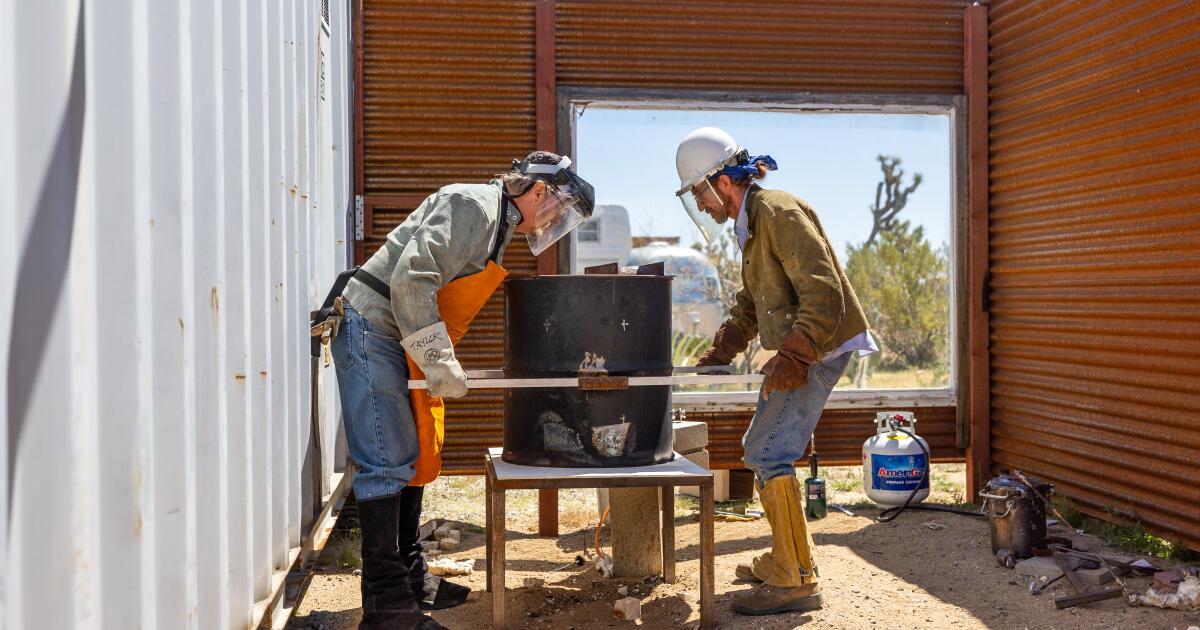The government has been urged to more than double the maternity wage to make it equal to the minimum wage, as mothers are forced to choose between eating and heating their homes.
Mothers brush their teeth to beat hunger cravings, eat only toast all day, or resort to consuming their children's leftovers; A woman said she became anemic due to skipping meals, according to new research.
The study, carried out by the union Unison and the charity Maternity Action, found that seven in 10 mothers turned down the thermostat, while more than half turned off the heating to save money.
Mothers warn that skimping on heating is causing damp and mold problems in their homes and leaving them with health problems such as respiratory problems, as well as raising fears that their new babies may be getting cold.
The researchers, who surveyed 1,400 mothers in the UK who had taken maternity leave, also found that around a third skipped meals entirely or opted for smaller portions.
Stress during pregnancy increases women's risk of postpartum depression and other mental health conditions. The government should support pregnant women and new mothers to lead healthy lives, not leave them struggling to keep their homes warm and eat a balanced diet.
Ros Bragg, Director of Motherhood Action
One in 20 said they sometimes went without eating all day to save money because they were so anxious about the cost of living crisis, while around half said they were forced to buy less healthy food.
Union representatives and campaigners urged ministers to increase statutory maternity pay to £364.70 a week to ensure new mothers are not forced to return to work too soon, warning that the current amount of £172.48 is inadequate.
Ministers must more than double pay so women receive what is equivalent to the national minimum wage of £10.42 an hour, campaigners have warned, also raising concerns that women are reducing their maternity leave.
Around six in ten mothers returned to work before fully recovering from childbirth due to anxiety about money, campaigners said.
“Everyone is feeling the impact of the rising cost of living. But it is hitting new mothers especially hard,” said Unison general secretary Christina McAnea.
“No mother should go without eating or skip meals. But the fact that maternity pay cannot keep up with rising living costs is leading many pregnant workers and new mothers into serious financial difficulties.
“In practice, the government is forcing many women to choose between work and family. “They must increase maternity leave pay to ensure that no one is penalized for having a baby.”
In the UK, mandatory maternity leave is paid for up to 39 weeks, with mothers receiving 90 per cent of average weekly earnings before tax for the first six weeks. After that, mothers receive £172.48 or 90 per cent of their average weekly earnings, whichever is less, for the next 33 weeks. Employers can offer better conditions but are not legally required to do so.
“Mothers should not be forced to shorten their maternity leave because they cannot make ends meet,” said Ros Bragg, director of Action for Motherhood. “This is an important time for women to recover from childbirth and bond with their baby.”
Bragg argued that women should keep their stress levels low during pregnancy and during their child's first year of life, rather than being wracked by anxiety about how they will be able to afford the basics.
“Stress during pregnancy increases women's risk of postpartum depression and other mental health conditions,” she added. “The government should support pregnant women and new mothers to lead healthy lives, not leave them struggling to keep their homes warm and eat a balanced diet.”
One mother, who was forced to return to work when her son was just three months old, said: “We had to take out a £5,000 loan to stay afloat during those three months (of maternity leave) because maternity pay didn't work. It was enough. enough.”
A government spokesperson said: “We want new mothers to be able to take time off work to protect their health and wellbeing and that of their children. For this reason, last year we increased statutory maternity pay and maternity benefit by more than 10 percent and from April we will increase them again by 6.7 percent.
“In addition, parents who are ready to return to work will benefit from the largest investment in childcare ever made in England and we are supporting those who are struggling with record financial support worth around £3,700 per household.”












